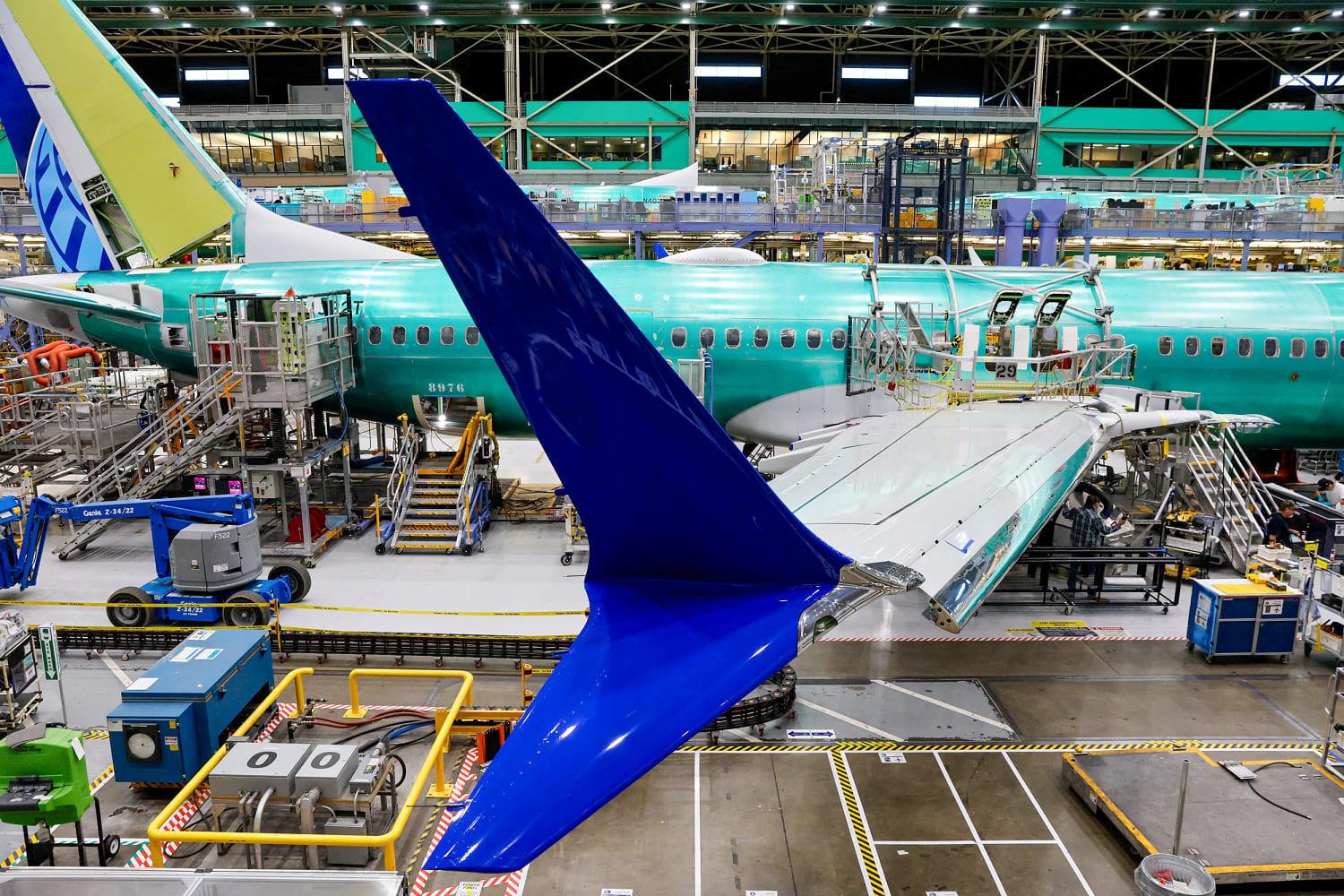
Smarter email, faster business. Auto-tag, parse, and respond to RFQs, quotes, orders, and more — instantly.
Trending Now:
Akasa Air Denies Reports of Management Turnover

Akasa Air Denies Reports of Management Turnover Amid Fleet Expansion Challenges
Akasa Air has officially denied recent media reports alleging significant turnover within its senior management team, amid ongoing challenges related to its fleet expansion. A report by Business Standard claimed that three senior executives responsible for operations, strategy and planning, aircraft acquisition and financing, and catering had either resigned or were serving notice periods. While the airline acknowledged these departures, a spokesperson characterized such changes as routine within the dynamic aviation sector, emphasizing that all vacant positions have been promptly filled without disrupting operations.
The airline’s statement comes at a time when it faces increased scrutiny from investors and customers, with potential repercussions for market confidence and volatility. Industry analysts suggest that reports of internal instability may prompt competitors to intensify marketing efforts or pursue strategic initiatives aimed at capitalizing on perceived vulnerabilities within Akasa Air.
Supply Chain Delays and Pilot Surplus
The Business Standard article also highlighted persistent supply chain issues at Boeing, which have delayed aircraft deliveries and contributed to a surplus of qualified pilots at Akasa Air. According to ch-aviation data, the airline is awaiting delivery of 198 Boeing 737 MAX aircraft, comprising ninety-nine B737-10s and ninety-nine B737-8-200s. The airline’s spokesperson noted that it is gradually addressing the issue of idle pilots, stating, “Despite the changes in the aircraft delivery schedules, more than 76% of our pilots have begun to accumulate flying hours, a significant increase from 60% in December 2024.”
Earlier this year, Akasa Air temporarily grounded some pilots due to these delivery delays. By March 31, 2025, the airline had recruited sufficient cockpit crew to operate 42 aircraft but ended the financial year with only 26 aircraft in its fleet. In an internal meeting held in March, CEO Vinay Dube reportedly expressed frustration with Boeing, describing the manufacturer as “bloody retarding our speed.” Nonetheless, Akasa Air announced in April that it remained on track to expand its fleet to 30 aircraft, with its 28th MAX expected to join later that month. Currently, the airline operates twenty-three B737-8s and five B737-8-200s.
Network Expansion and Investor Confidence
Since commencing scheduled flights in August 2022, Akasa Air has expanded its network to 27 airports across five countries. In April, India’s competition authority approved a consortium investment of approximately USD 125 million in the airline, signaling sustained investor confidence despite recent operational challenges.
As Akasa Air seeks to stabilize its leadership and accelerate fleet growth, it faces mounting competition and market pressures. The manner in which the airline navigates these internal and external challenges will be critical in shaping its operational trajectory and its reputation among investors and consumers in the coming months.
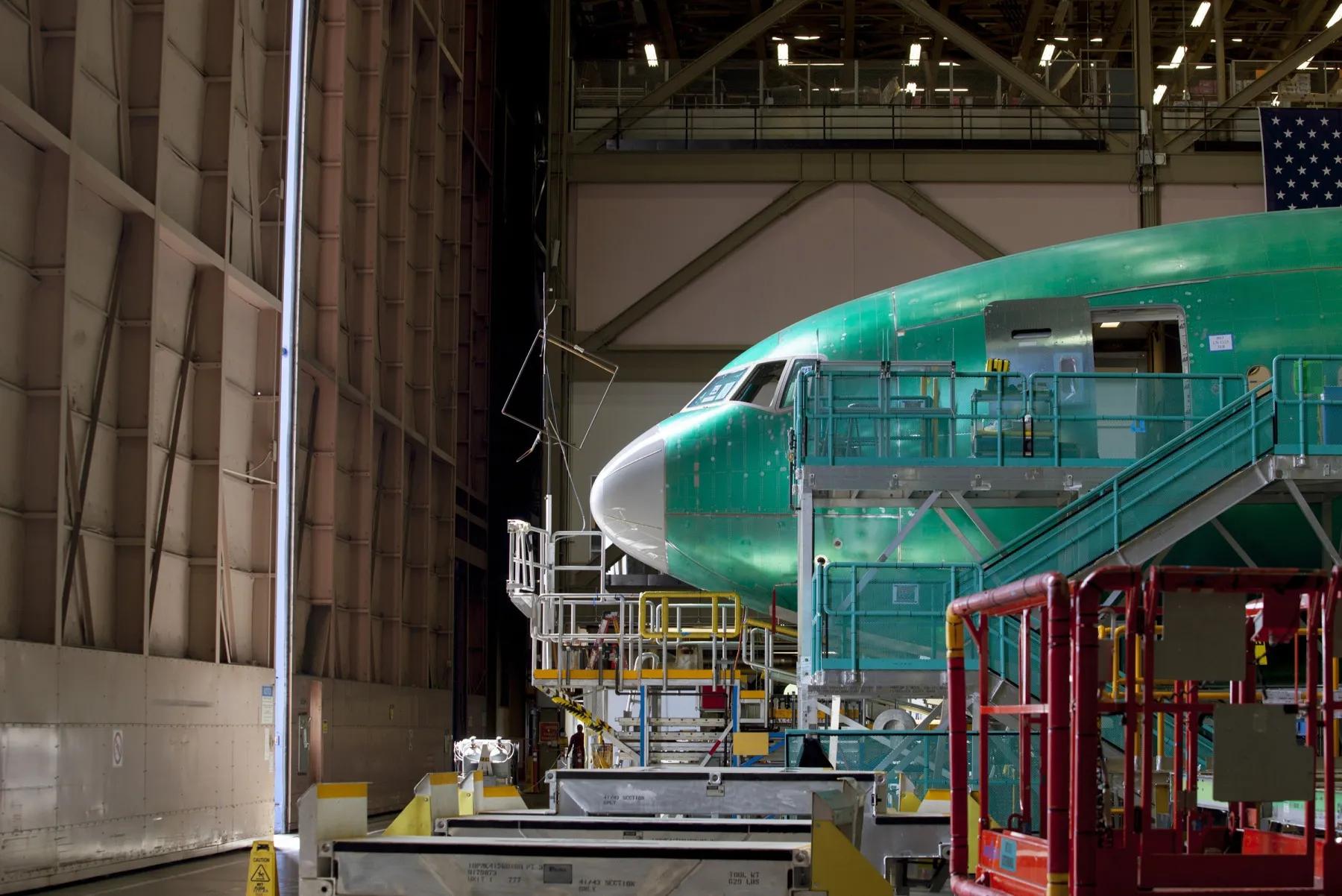
US Aviation Industry Warns Tariffs on Aircraft Parts Could Disrupt Supply Chains
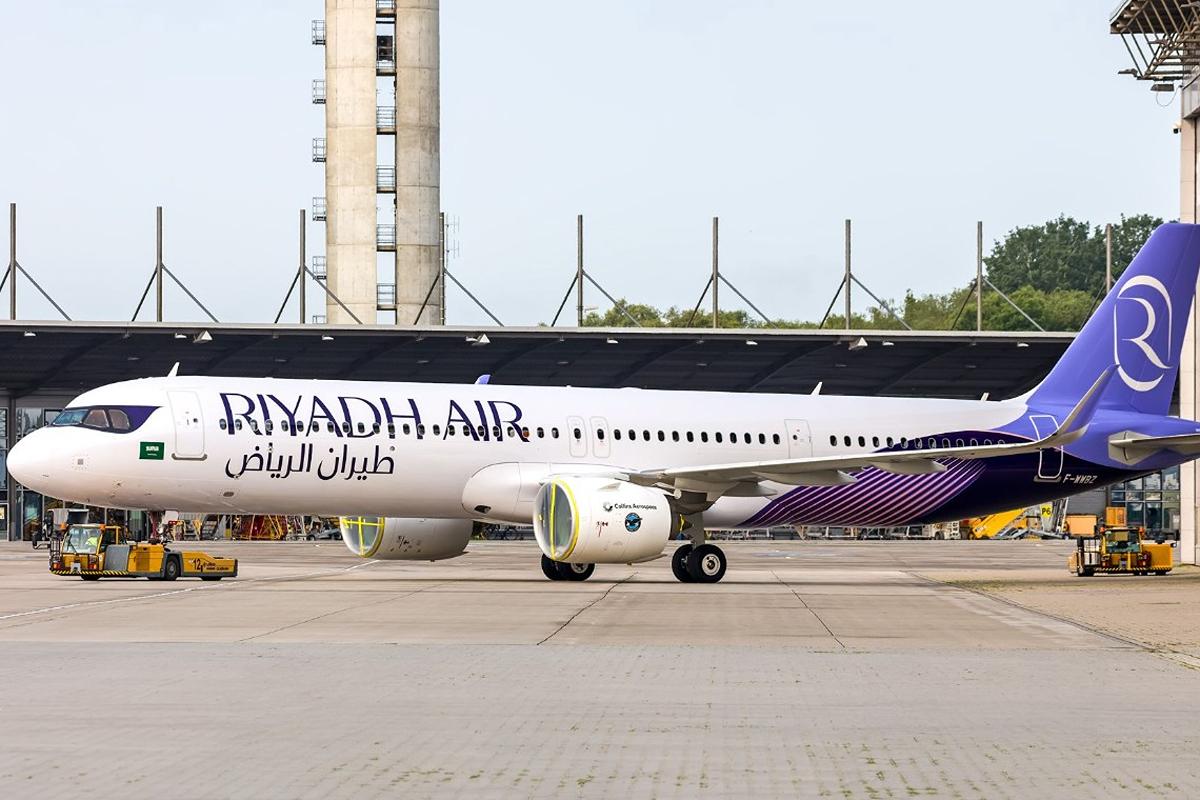
Riyadh Air Unveils Airbus A321XLR in Full Livery
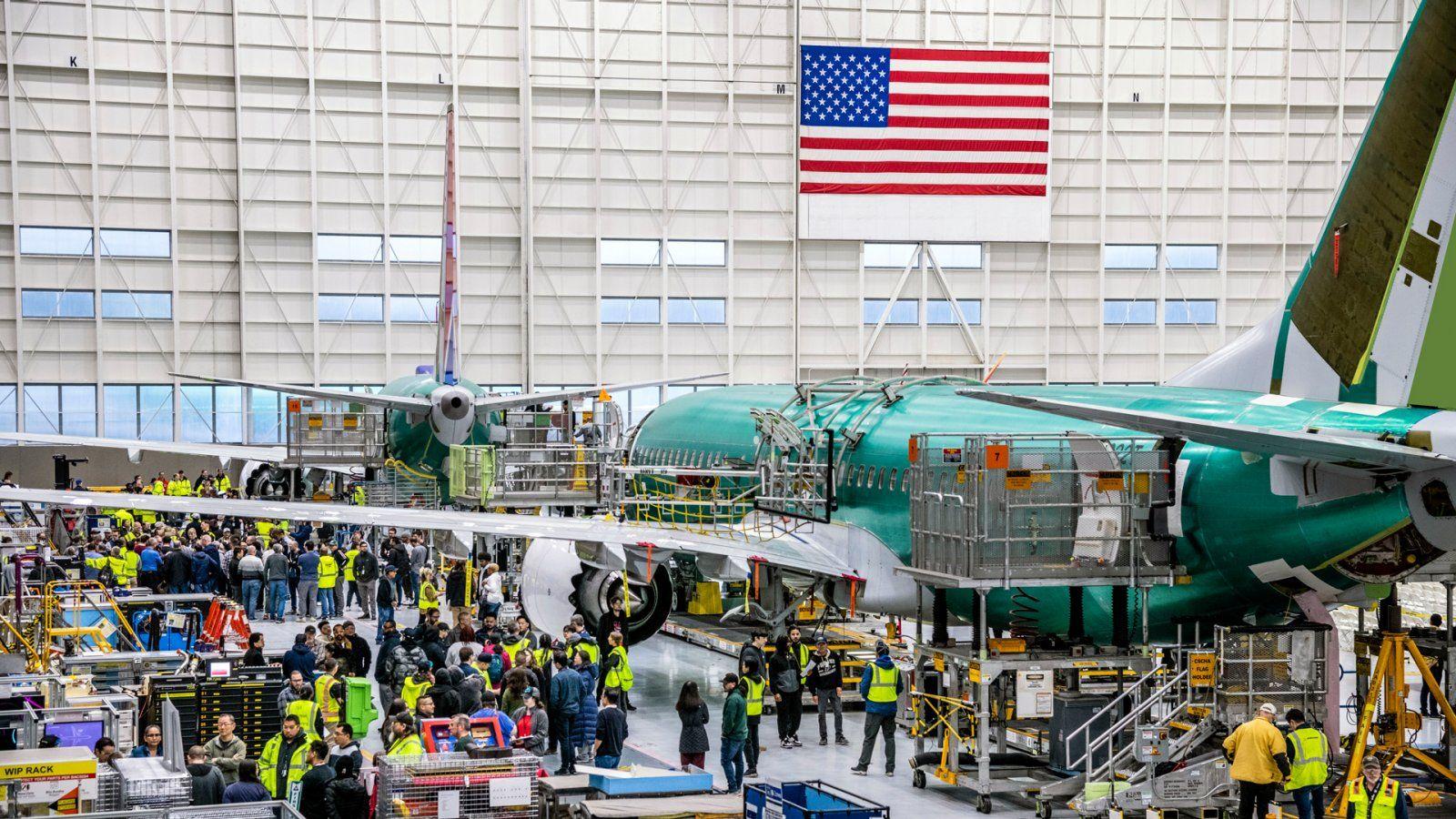
FAA Maintains Cap on Boeing 737 MAX Production

Aircraft MRO Market Projected to Reach $140.78 Billion by 2032 Amid Rising Air Travel
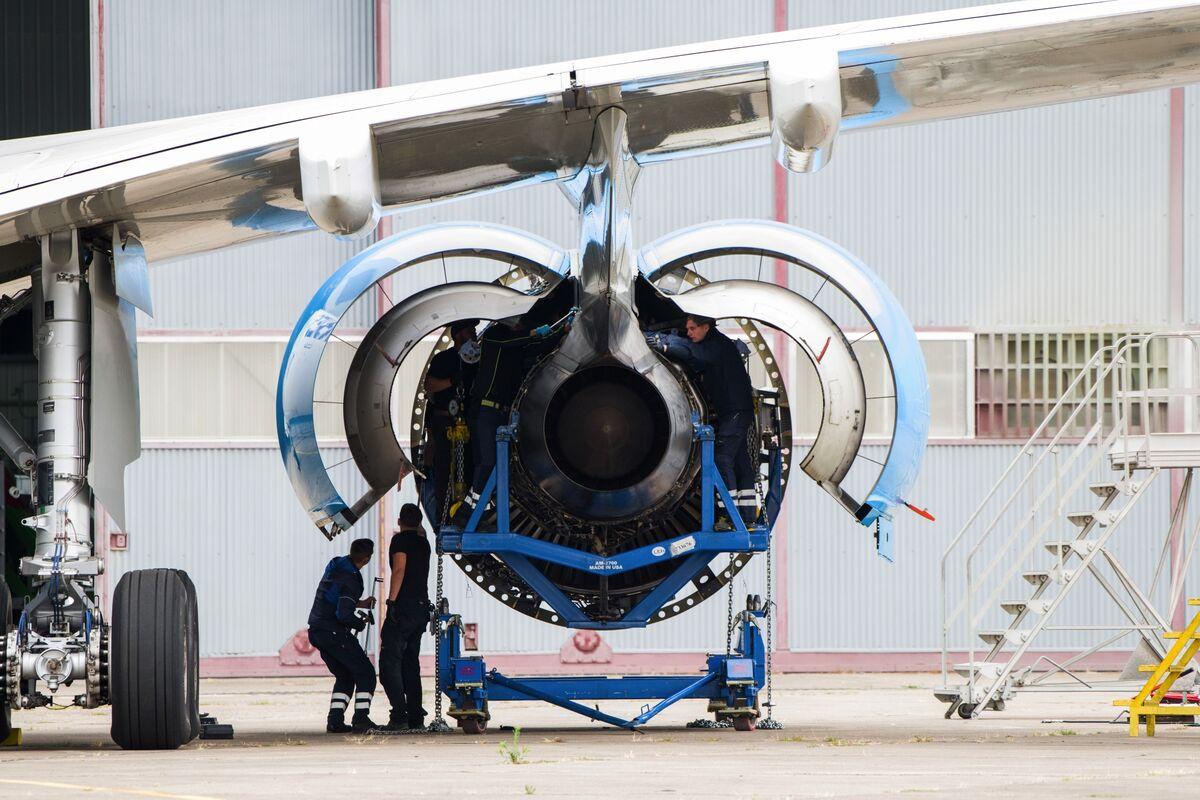
Rolls-Royce Enhances Its Leading Widebody Engine
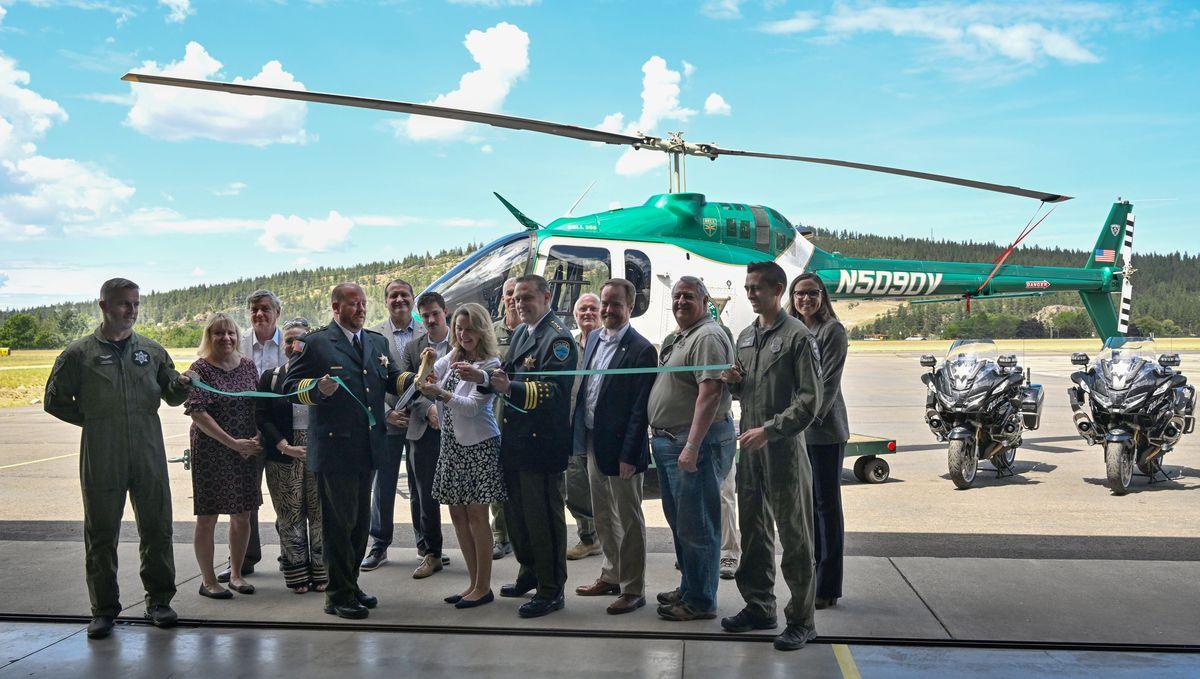
Spokane County Air Support Unit Adds Bell 505 Helicopter
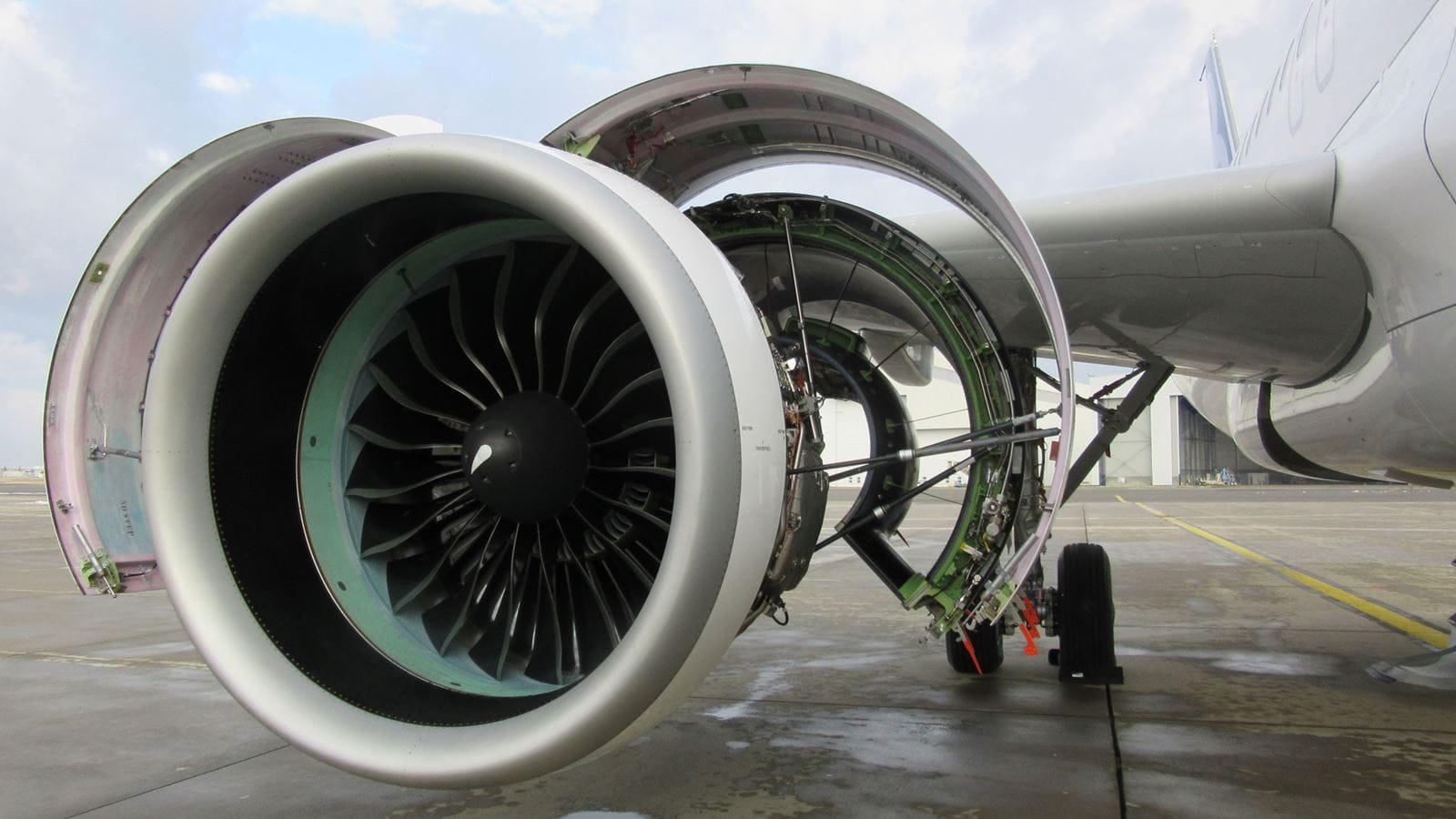
Spirit Aviation to Receive Up to $195 Million in Credits for Pratt & Whitney Engine Delays
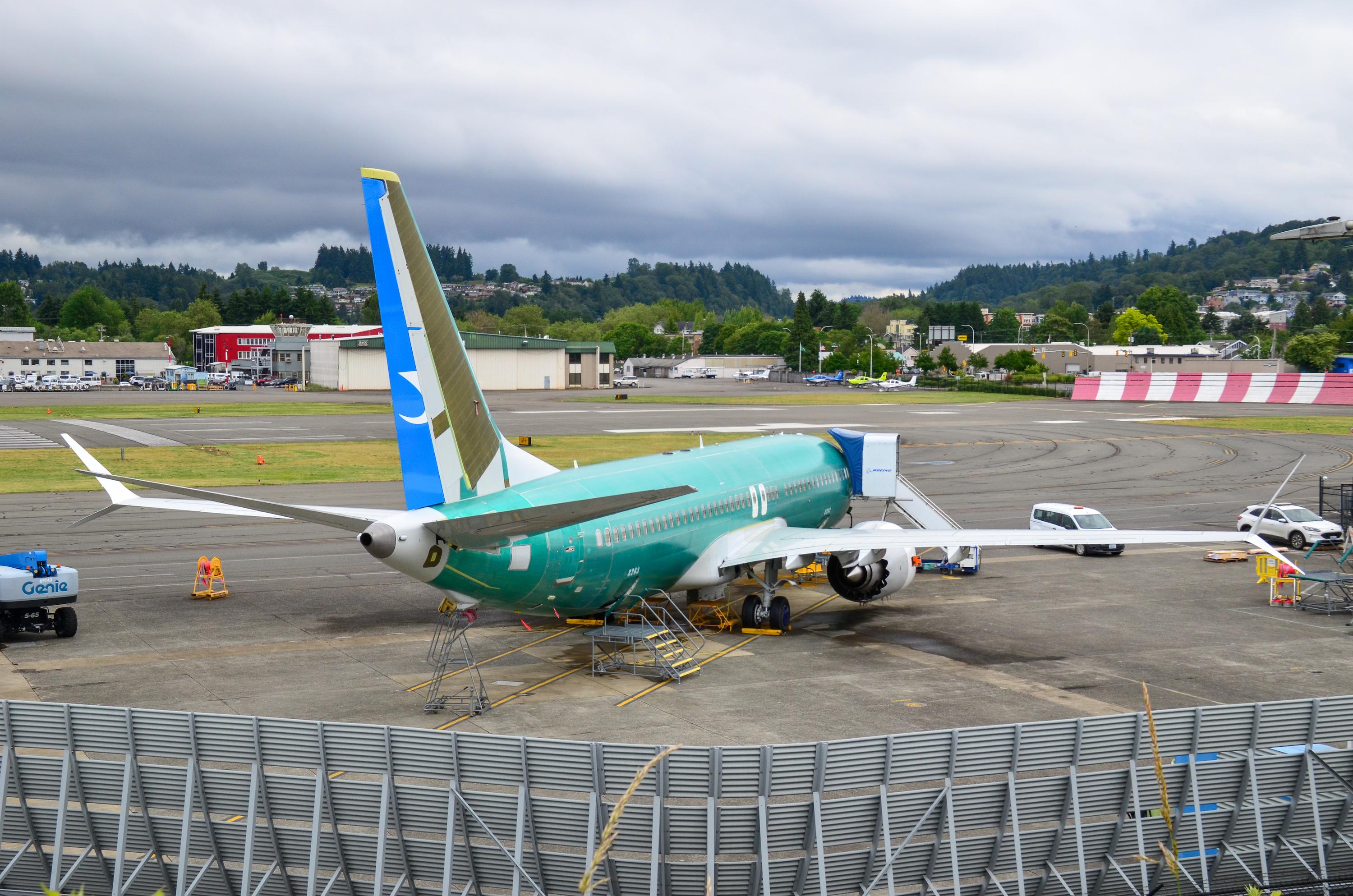
Xiamen Airlines' Boeing 737 MAX 8 Returns to China
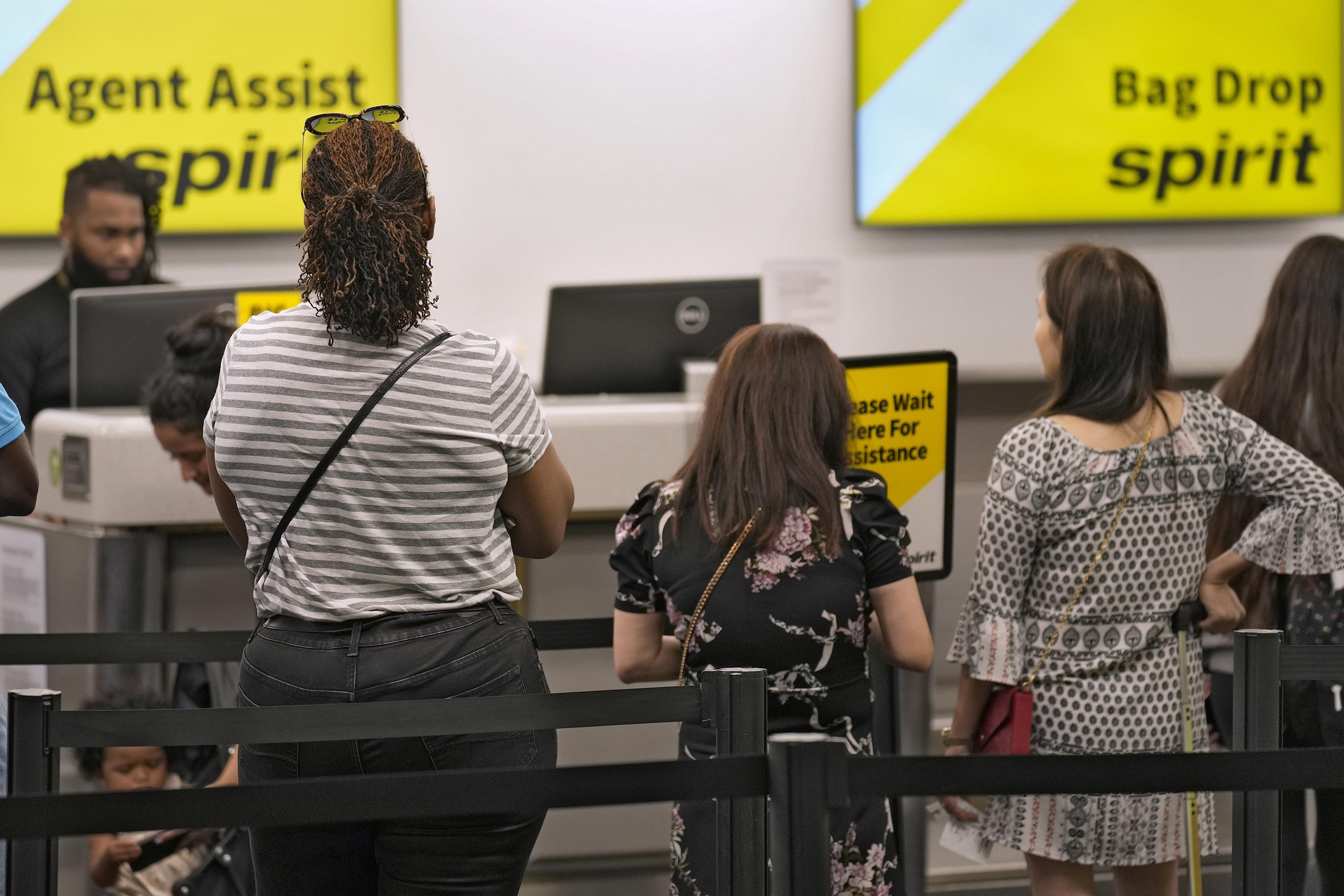
Spirit Aviation Reaches Compensation Agreement with IAE Over Engine Issues
